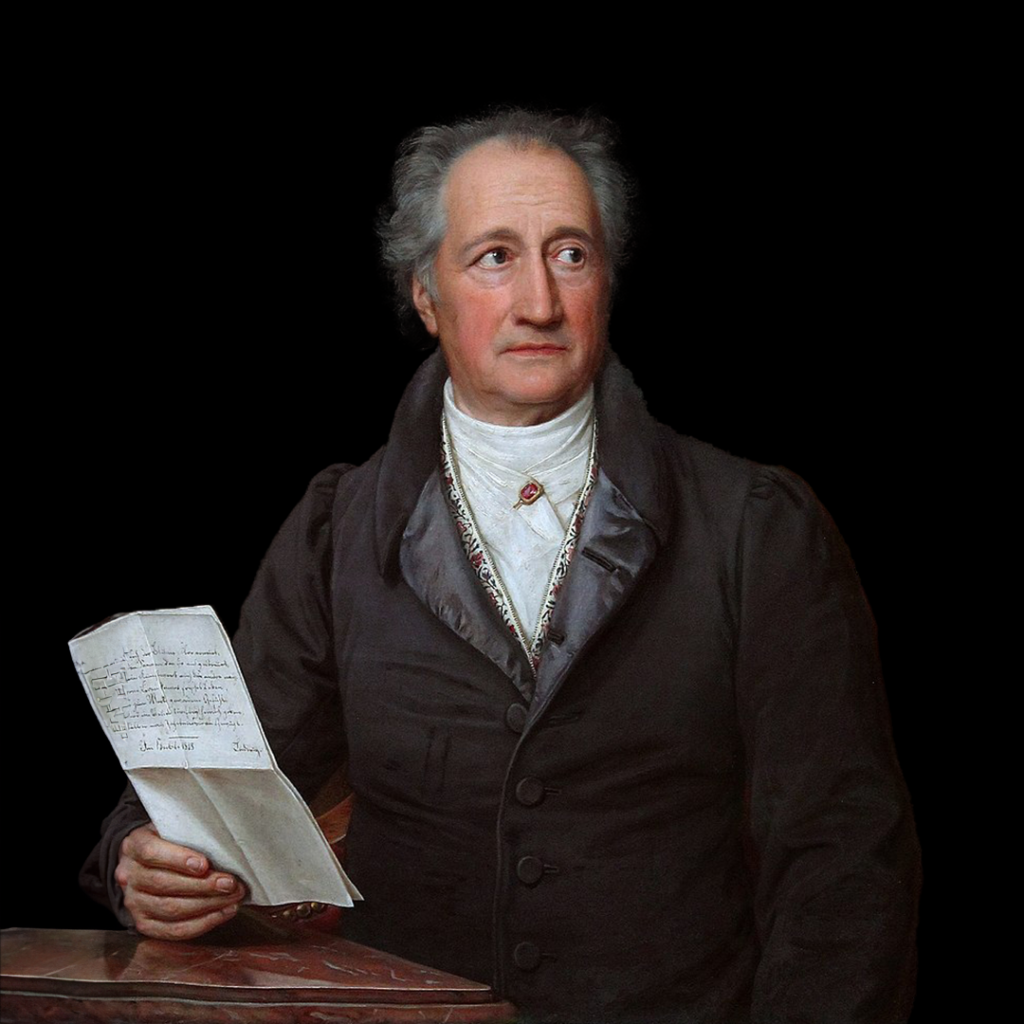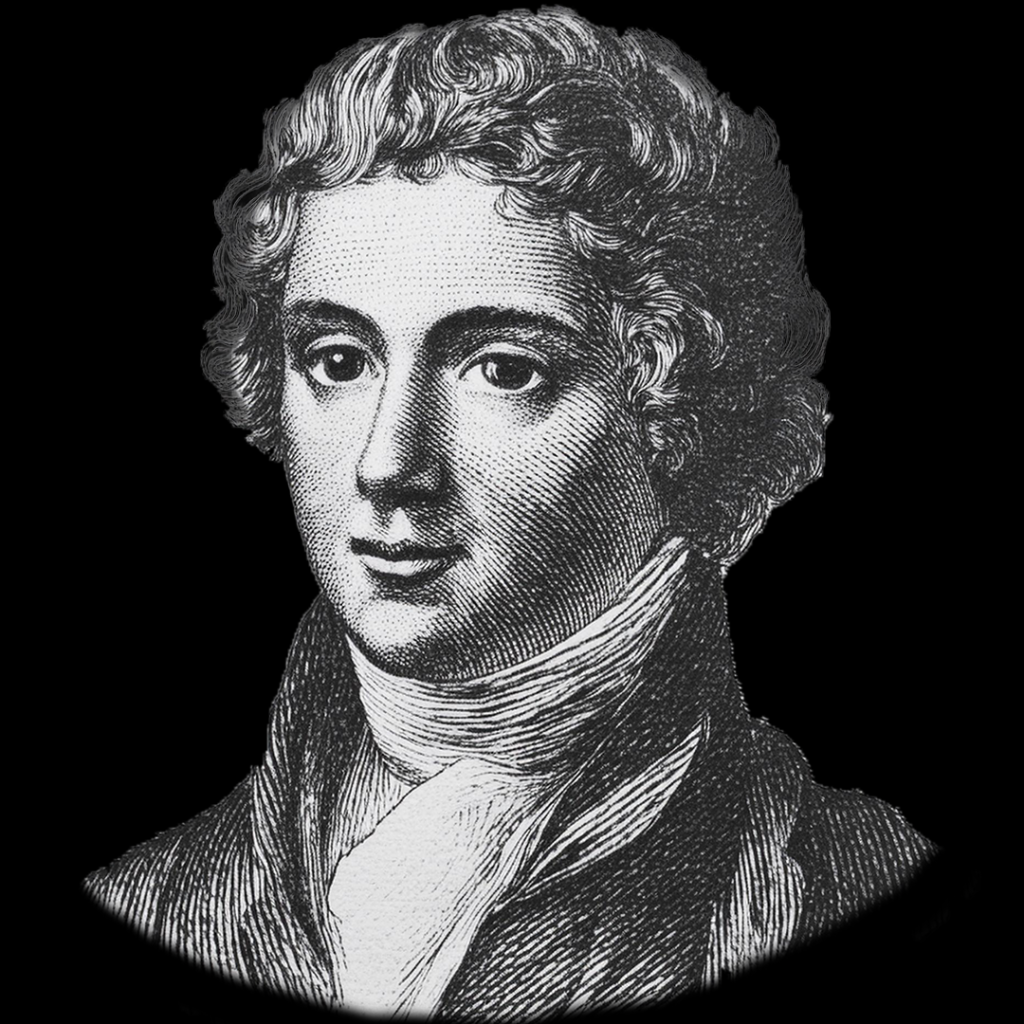An artificial intelligence tool capable of thinking like Goethe and providing responses enriches users’ minds with literary and philosophical depth. This tool makes Goethe’s intellectual output and literary genius digitally accessible, providing a unique resource for those seeking both literary and intellectual inspiration. From Goethe’s perspective, users can get answers to their questions, analyze his works in depth and draw inspiration from a great writer in their own creative process. This experience contributes to both the cultural and intellectual development of individuals, encouraging them to think from a broader perspective. In addition, this tool can stimulate interest in classical literature and philosophy and introduce new generations to Goethe’s works. Thus, the wisdom of the great thinkers of the past comes to life again in today’s digital world.

Chatting with Johann Wolfgang von Goethe using artificial intelligence offers an educational and inspiring experience. Goethe is one of the most important figures of Western literature and has left deep traces in the fields of literature, philosophy, science and art with his works and ideas. Diving into Goethe’s world of thought allows users to benefit from his wealth of knowledge and unique perspective. It is a great opportunity for those who want to learn directly about his life, thoughts and works and to improve their literary and philosophical knowledge. Goethe’s writings stand out not only for their literary value, but also for their deeply thought-provoking content on human nature, morality and existence. Therefore, a conversation with him enriches users’ own worlds of thought, and the experience makes the learning process more immersive and memorable by interactively engaging with a historical figure, which can help develop new insights into the future.

Johann Wolfgang von Goethe is one of the most important names in German literature. He was born on August 28, 1749 in Frankfurt and died on March 22, 1832 in Weimar. Goethe is known not only as a writer, but also as a poet, playwright, philosopher, scientist and statesman.
As a young man, he studied law in Leipzig and Strasbourg. However, his interest in literature led him to pursue writing instead of a career in law. At a young age, he gained great fame with his novel “The Sorrows of Young Werther”. Considered one of the pioneers of Romantic literature, this work attracted attention with its theme of youth rebellion and love.
Later Goethe made great contributions to classical literature. “Faust” is one of his most important works. This work deals in depth with the inner conflicts and quests of human beings. The character of Faust has become a classic figure with his quest for knowledge and desire for spiritual fulfillment.
I. Early Years and Education
Childhood and Family Origins: Johann Wolfgang von Goethe was born into a wealthy family in Frankfurt. His father, Johann Caspar Goethe, was a jurist and a member of the Kaiserlicher Rat (Imperial Council) in Frankfurt. His mother, Catharina Elizabeth Goethe, raised him in a religious household. The family attached great importance to young Goethe’s education and encouraged him to get a good education.
Education Goethe’s education began in Leipzig and then he went to Strasbourg to study law. As a student at the University of Leipzig, he joined literary circles and began to develop his writing talent. However, studying law was not his true passion and he turned more towards literature. During his time in Strasbourg, he met important figures such as Johann Gottfried von Herder and Johann Gottlieb Fichte and was influenced by their ideas.
II. The Sorrows of Young Werther and Romanticism
III. Classical Literature and “Faust”
A Classicized Work: “Faust”: One of Goethe’s most important works, “Faust” is a great masterpiece that he worked on and completed throughout his life. It deals in depth with human spiritual quests and inner conflicts. The character of Faust represents the struggle between the quest for knowledge and dark spiritual difficulties. The work is considered one of the most important works of both German and world literature.
Cultural and Philosophical Contributions: Goethe had a profound impact on German culture and thought through his contributions to classical literature. His philosophical reflections encouraged deep thinking about human nature and social relations.
IV. Scientific Studies and Tasks
Contributions in Science: Goethe made important contributions not only as a writer and poet, but also as a scientist. His work on plant morphology and color theory was important beyond his time. Especially his works on color theory laid the foundations of modern color science.
Tasks in Weimar: Goethe spent a significant part of his life in Weimar, where he held cultural and political positions. Under the patronage of Grand Duke Karl August, he made a major contribution to the development of Weimar culture and made the city a center of German literature.
V. Cultural Influence and Legacy in Weimar
Life and Influence in Weimar: Goethe’s time in Weimar is considered the golden age of German culture. Its cultural influence is seen not only in the field of literature, but also in other fields such as music, art and philosophy. Goethe’s relations with the rulers turned Weimar into a cultural capital.
Looking at Legacy and Influence: Goethe’s works and ideas are still appreciated and influential by a wide readership worldwide. His works are considered among the most important not only in German literature but also in world literature.

İstanbul Okulu; dinî ve felsefî pek çok meseleyi uzman konuklarla ele almayı hedefleyen yepyeni bir YouTube kanalıdır.